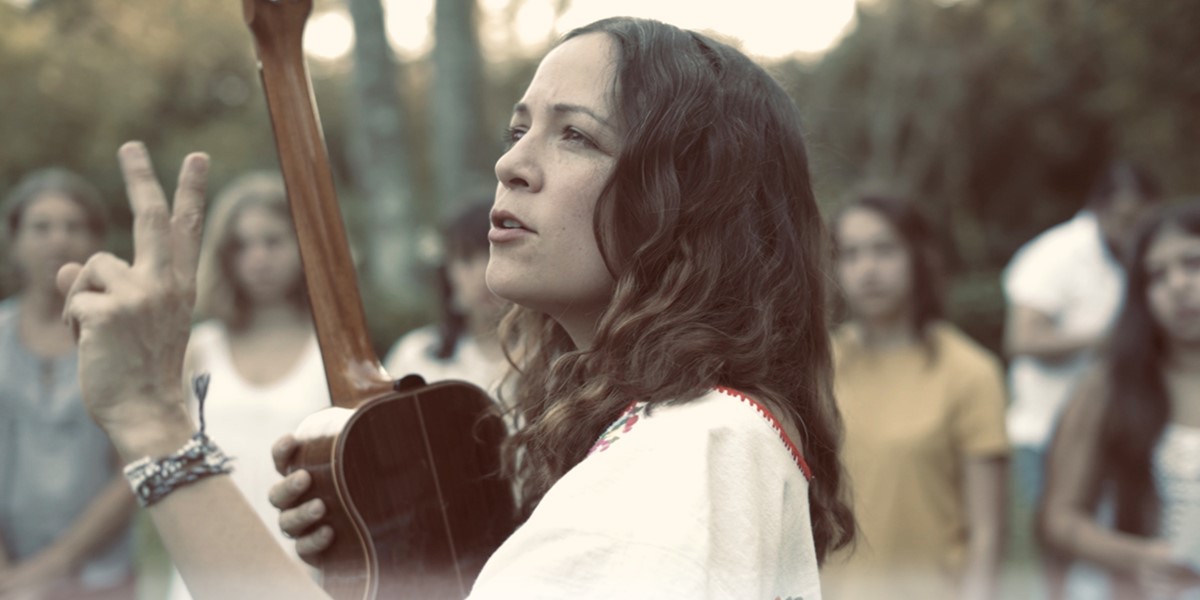Wednesday, August 18, 2021
“My whole body was shaking. I started to tremble and sing. Two songs later, I didn’t want to stop” | Natalia Lafourcade interview
The multi award-winning Mexican singer Natalia Lafourcade reveals to Catalina Maria Johnson how she found her voice in rewriting the Latin American songbook

Natalia Lafourcade

Register now to continue reading

Thanks for visiting the Songlines website, your guide to an extraordinary world of music and culture. Sign up for a free account now to enjoy:
- Free access to 2 subscriber-only articles and album reviews every month
- Unlimited access to our news and awards pages
- Our regular email newsletters

